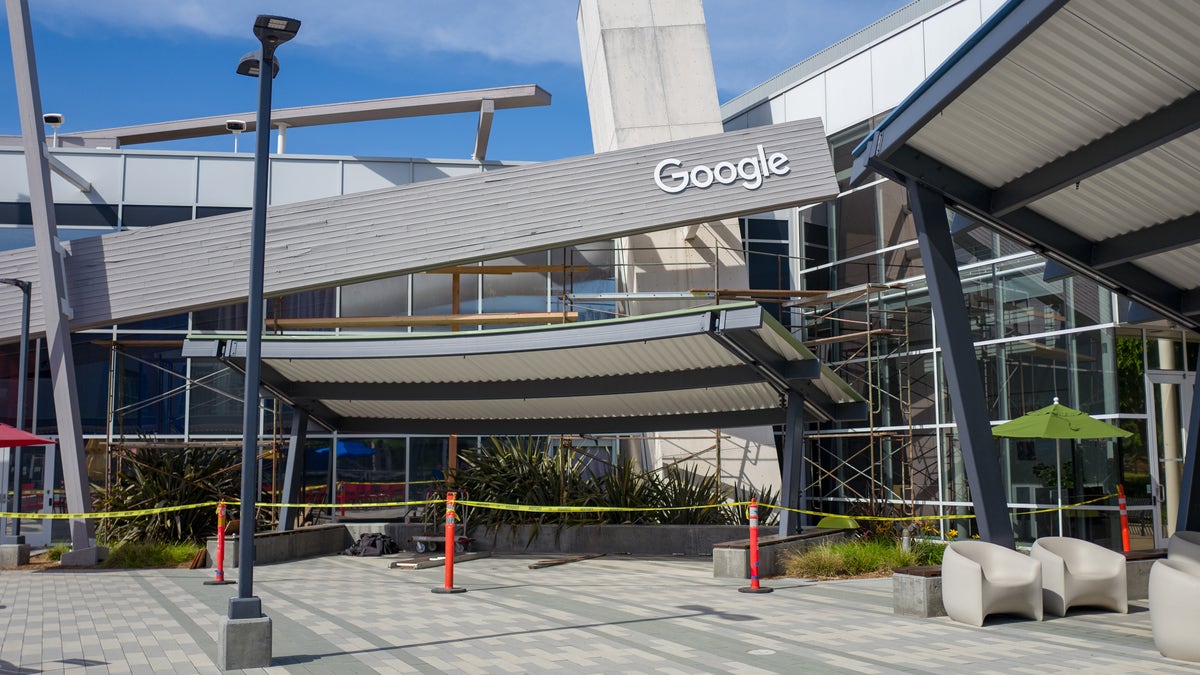Fox News Flash top headlines for May 1
Fox News Flash top headlines for May 1 are here. Check out what's clicking on Foxnews.com
If Silicon Valley were its own country, it would be among the wealthiest in the world.
According to the federal Bureau of Economic Analysis, residents of the sprawling tech-driven California region produce $128,308 per capita in annual gross domestic product (GDP). The agency says the area's total economic output is $275 billion, which is higher than the country of Finland.
The San Jose metropolitan area includes Apple's spaceship-like headquarters in Cupertino; Stanford University in Palo Alto; Facebook's gigantic Menlo Park complex; and Google's ever-expanding footprint in Moutain View. Further north, the San Francisco Bay Area has offices for Twitter, Uber, Lyft, Facebook and other tech firms.
Silicon Valley's per capita GDP is higher than Singapore, Luxembourg, Monaco and Macau, according to figures from the IMF and the World Bank.
GOOGLE WORKERS STAGE SIT-IN TO PROTEST ALLEGED RETALIATION

Facade with logo at the Googleplex, headquarters of Google Inc in the Silicon Valley, Mountain View, California, April 13, 2019. (Photo by Smith Collection/Gado/Getty Images)
The entire region is home to countless newly minted millionaires and a chunk of the world's billionaires.
All of that concentrated wealth, however, has come with negative consequences — some of America's highest housing costs, a very high level of income inequality and a homelessness problem.
A report released last year showed that wages for 90 percent of Silicon Valley workers are lower now than they were 20 years ago, after adjusting for inflation. Only the top 10 percent of earners saw their wages climb.
AMAZON'S JEFF BEZOS HAD BULLETPROOF PANELS IN HIS OFFICE

Attendees gather for a product launch event at Apple's Steve Jobs Theater on Sept. 12, 2018, in Cupertino, California. (Photo by NOAH BERGER/AFP)
The authors recommend policies to stimulate more middle-income job growth, a higher minimum wage and more concrete action from tech giants to help the smaller contractors and vendors that they rely on for a range of tasks and services.
“GDP tells you nothing about how a community is growing,” Lew Daly, a senior policy analyst with the thinktank Demos, told The Guardian. “If the economy is growing, that might even be a negative thing if it is growing inequitably and unsustainably. GDP doesn’t even begin to answer that question.”

